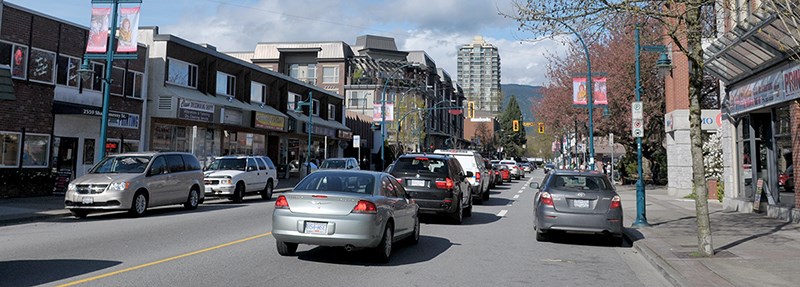Port Coquitlam won't meet its population projections unless it builds more housing.
That's the finding of a city staff report, which is calling for a new policy to densify single-family neighbourhoods.
This week, the city's smart growth committee okayed a move for staff to consult the public this summer on whether it would like to see more multi-family homes (duplexes, triplexes, etc.) in established areas that are predominately with detached houses.
Under the proposal, if approved by council, the city would allow coach homes plus more flexibility with subdivision and rezoning bids to build multi-family units. As well, the city would continue to permit secondary suites but require a parking stall for that use.
City staff say the Westwood/Woodlands area would be the subject of a special study, however, because it's so close to the Evergreen Line, the rapid-transit alignment that's due to start running by next spring.
PoCo's proposed Housing Choice policy follows the Housing Action Plan, which the committee endorsed last year, and resembles the Housing Choices program implemented in Coquitlam in 2011.
Today (Thursday), smart growth committee chairperson Coun. Brad West said PoCo's policy "stems from the fact that we have an affordability crisis in Port Coquitlam. This is really an issue that I've been pressing strongly."
(The committee on Wednesday also spoke about the impact of foreign ownership on residential real estate and the need to curb overseas investment; a motion to write a letter to the provincial government to place a 1.5% surtax on foreign owners will be before PoCo city council next month.)
West said the key component of the Housing Choice policy would be to ensure new multi-family homes blend into mature neighbourhoods.
"There are examples out there were a duplex integrates very well but there are others that don't," he said. "We want to make sure that any development is in keeping with the character of the neighbourhood and this can be done a number of ways such as land massing and height capacity.
"It's not just plunking units down on any property," West said.
The Housing Choice policy also ties into the update of the city's official community plan, due to start this fall.
According to a staff report, nearly half of PoCo's 23,536 homes are detached houses and duplexes to accommodate a population of about 62,000 residents.
But, under the Regional Growth Strategy — a document all Metro Vancouver municipalities signed to meet regional growth targets — PoCo's head count will be at 85,000 in 2041, which would mean there would have to be 34,300 homes by that year, the report reads.
jwarren@tricitynews.com



